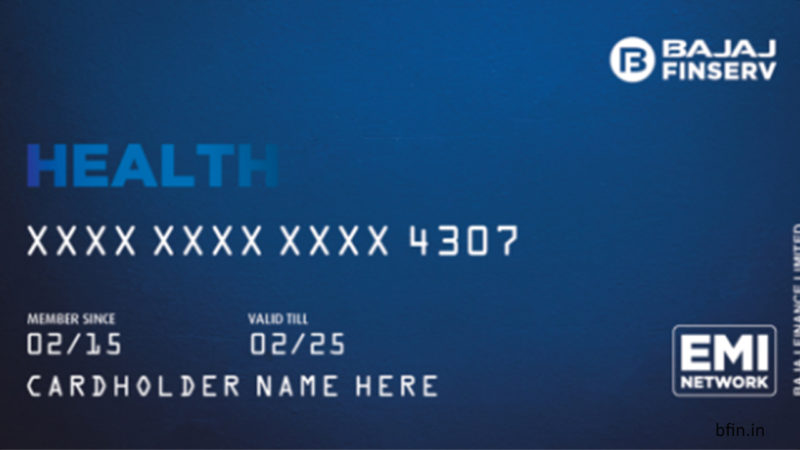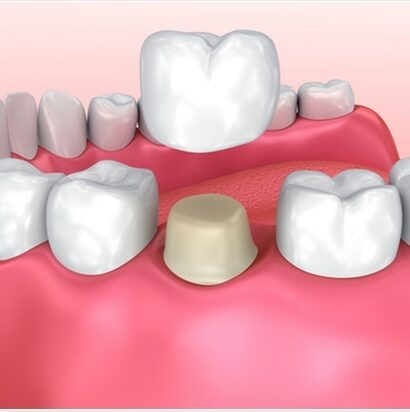Rising healthcare costs are a major concern in India, especially owing to the low availability of premium government facilities, which pushes most citizens towards private medical care.
Recent research indicates per capita expenditure on healthcare by the government is around Rs.1,944 in the financial year 2020. Despite being a remarkable rise from Rs.1,008 in 2015, this is a grossly inadequate setup. This, in turn, pushes our populace towards private facilities for superior medical and related services.
Comes as no surprise, it is essential for citizens of this country to take a note of the costly procedures which they might require in the future. Furthermore, it is also essential for individuals to take note of financial tools like health card online and others to combat such a situation if it does come up.
Few costly medical treatments
Some of the most expensive medical procedures are discussed below. While individuals hope to avoid going through such intricate procedures, it is nothing less than imperative to be aware of them.
-
Bone marrow transplant (allogeneic)
Generally done by implanting a donor’s bone marrow, this is one of the risky yet necessary procedures for some of the fatal diseases. A hospital stay can go well above a month; coupled with the surgery, it can be a costly treatment.
Estimated cost – Between Rs.18 lakh and Rs.21 lakh.
-
Heart transplant
While waiting time can be quite long for a heart transplant, the procedure itself is also quite complicated and risky. Furthermore, the body of the individual receiving a heart must also be able to accept it for this procedure to be successful.
Estimated cost – Between Rs.14 lakh and Rs.25 lakh.
-
Liver transplant
Similar to a heart transplant, this procedure also involves a lengthy waiting line. Additionally, the involved risks are also high.
Estimated cost – Between Rs.25 lakh and Rs.36 lakh.
-
Lung transplant
There are two sides to this procedure. It can be a single lung transplant or a double lung. Notably, both these procedures also have a lengthy waiting time owing to the availability of a donor. Additionally, they also carry related risks.
Estimated cost – Between Rs.13 lakh and Rs.16 lakh.
While these are some of the costliest medical procedures in the country, health card benefits and such other financial tools can work wonders in handling a major chunk of such expenses. These are discussed in further detail in this following section.
How to cover this cost?
Among numerous financial tools which are available for health care services, the Bajaj Finserv Health Network EMI Card is one which offers multiple benefits. Users can primarily use this card to break down their medical bills into convenient EMIs. They can also avail discounts and rebates on several expenses. These discounts are available at partner stores, hospitals, diagnostic centres, etc. and can be instrumental in reducing the overall medical expenditure.
Interested individuals should note that there are two variants of this card. Starting at Rs.589, customers should check the fine print to note their difference and choose accordingly.
Health card features
The major health card benefits are listed below in detail.
- High coverage: These cards offer a high pre-approved limit to help patients clear their medical bills. While there are many medical procedures which often lead to higher billing amounts, health cards are helpful since a cardholder can clear a major portion of their expense with these.
- Choice of tenor: Individuals using these cards to clear the medical bills can choose the tenor as per their preference. They can avail up to 24 months of tenor to pay their medical bills.
- Covers whole family: A single card covers a whole family. This includes medical procedures, medicine bills, diagnostic test, etc. Consequently, this card removes the hassle of maintaining a dedicated health card for every member of a family.
- Multiple applicability: Almost every hospital, diagnostic centre, and medical store provide benefits to health card holders. This ensures convenient cashless services anywhere within the country.
Interested applicants should also note, along with the numerous health card benefits, these are also activated promptly. Existing customers can apply for these cards online in a few steps. In the case of new customers, visiting a partner medical store or hospital is necessary to activate such a card.
Typically, after applying for a health card, it is activated within moments of clearing the requisite payment. Additionally, neither do these cards have any document requirements nor do they have lengthy eligibility criteria. Consequently, individuals looking to safeguard their family’s health can opt for a card; this, in turn, not only prepares them for any sudden medical expenses but also reduces their regular expenditure on the same.













